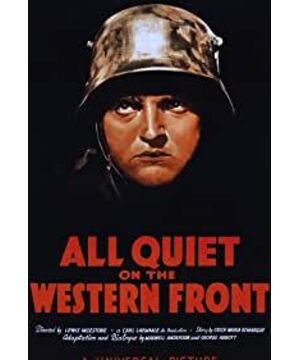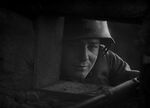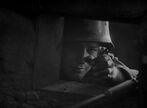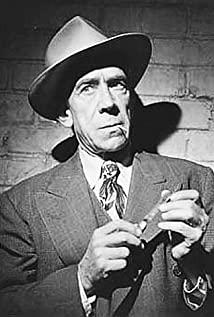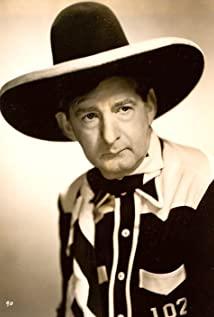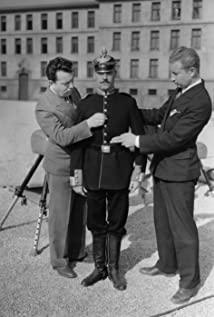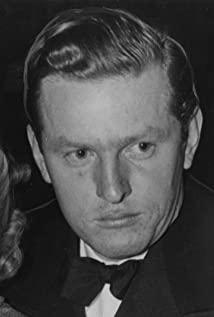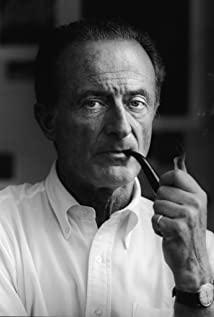There is no tragedy in American films, even with such bloody war films. Promote the incomparable preciousness and beauty of life from the heroic. I like his details, the woman who gave flowers in the opening sequence, the close-up of that pair of shoes and a couple of fallen feet that went through, taking the bread and dealing with French women, catching mice, the clothes on the bedside in the hospital, shouting that this is The judge, who ordered the trembling forward, waited for the mother and son in a few small scenes. My favorite is the lunch after the war. The chef cooked a meal for 150 people, but after this encounter, there were only less than 80 people left. The unreasonable chef refused to serve the meal, and asked everyone to come to have the meal. There is a classic dialogue. Soldier: Did you cook beans for 150 people? Yes. bread too? Yes. What about beer, also for 150 people? Yes. Soldier Ecstasy: Oh, the festival is here!
Life is as tenacious and brilliant as the butterfly on the battlefield, or the cherry blossoms in full bloom. The plot is handled lightly. The 1930's movie, which is older than the grandfather's, shocked me. Although Paul is dead, we still don't feel sad when we see it, just as he was afraid of the battlefield, he still returns without hesitation. Like a Frenchman who died with a smile on his face.
Life is precious and beautiful, but there are always things that put it out of the way. This is perhaps yet another sublime theme for Paul's return to the battlefield. When the coach hid in the crater and refused to come out, the officer said to him: Go forward, this is an order! The coach suddenly changed his mind and rushed forward like a different person. In an instant, he almost became the villain.
There are always so many positive images to inspire.
View more about All Quiet on the Western Front reviews


